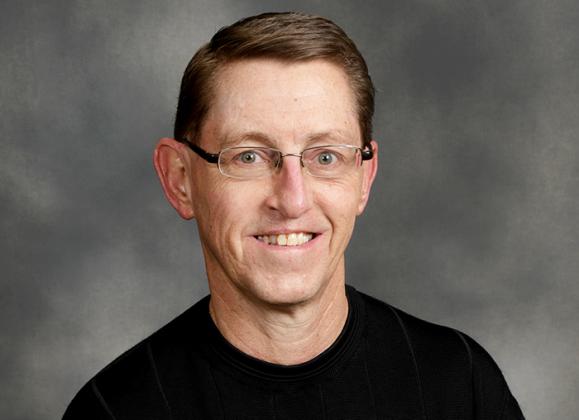A journalism icon who often made the news while covering it died this week, stirring all kinds of tributes along with refreshed criticism about the way she did her job.
Like her or loathe her, Barbara Walters was unapologetically old-school, doing her homework and asking questions that put the most powerful people in the world on edge. That unique ability made her famous, in fact giving her celebrity status on or above the level of those she sought for her interviews.
Having watched so many Barbara Walters Specials over the years I thought I knew the gist of her story. Only after catching some of the retrospective pieces about her life’s work did I realize what a pioneering TV journalist she was. Walters wore her years well over time, so I was surprised to learn she was 93 when she passed. In fact, some of the legendary roles my generation knows her for were Act II if not Act III of her own life story.
I remember well some of the old-school icons Walters worked with, including Walter Cronkite and Harry Reasoner. What I didn’t realize at the time was that the glass ceiling Walters broke to sit at that same anchor desk left shards of glass everywhere, evidenced by the fact Reasoner refused to ride in the same elevator with his colleague. Today’s TV news features all kinds of talented women journalists, who credit Barbara Walters to some degree for breaking that glass and paving the way.
As a journalist, one thing I appreciated about Walters was that she wasn’t afraid to ask the hard questions, in fact putting into inquiry form what it was everybody in America wanted to know. George W. Bush, for example: “So was it (the war in Iraq) all really worth it if there were no weapons of mass destruction?”
That took some guts, especially when you hear later that she often was under intense security, with armed guards on site, for some high-profile interviews and that the source could pull the plug and walk out at any time if she crossed the line in their eyes. Now that’s pressure, and yet she looked quite comfortable in the hot seat because she was so well prepared.
The infamous Monica Lewinsky interview is one of the best examples of Walters’ trademark specials. I watched that 1999 interview for the first time in years over the weekend, this time with a focus more on the interviewer than the interviewee. More than 20 years later, she still made me cringe with some of the questions and her forthright demeanor, but I wanted to know the answers, again. She pushed the envelope big time in that regard and, for better or worse, there is no pushing it back.
Walters somehow earned the trust of her sources, and her audience, which gave her license to get interviews and ask those shocking questions. Though often criticized, or lampooned as “BabaWawa” on Saturday Night Live, one criticism you didn’t hear is of Walters putting a political spin on her work.
That ranks toward the top of her legacy, in my view, as a tough-minded but fair journalist who devoted her life to sharing stories that people wanted and often needed to know, telling it straight up, and letting the chips fall where they may.
KURT JOHNSON can be reached at kjohnson@ hamilton.net





